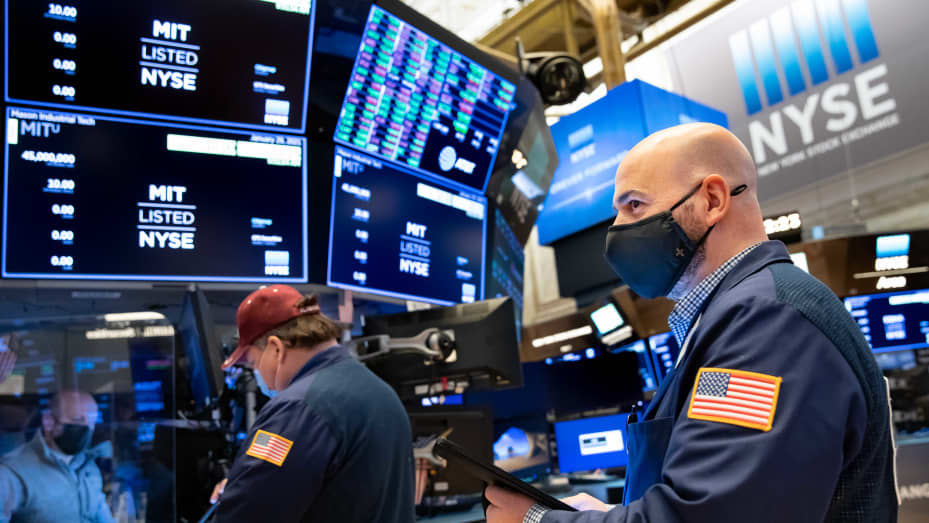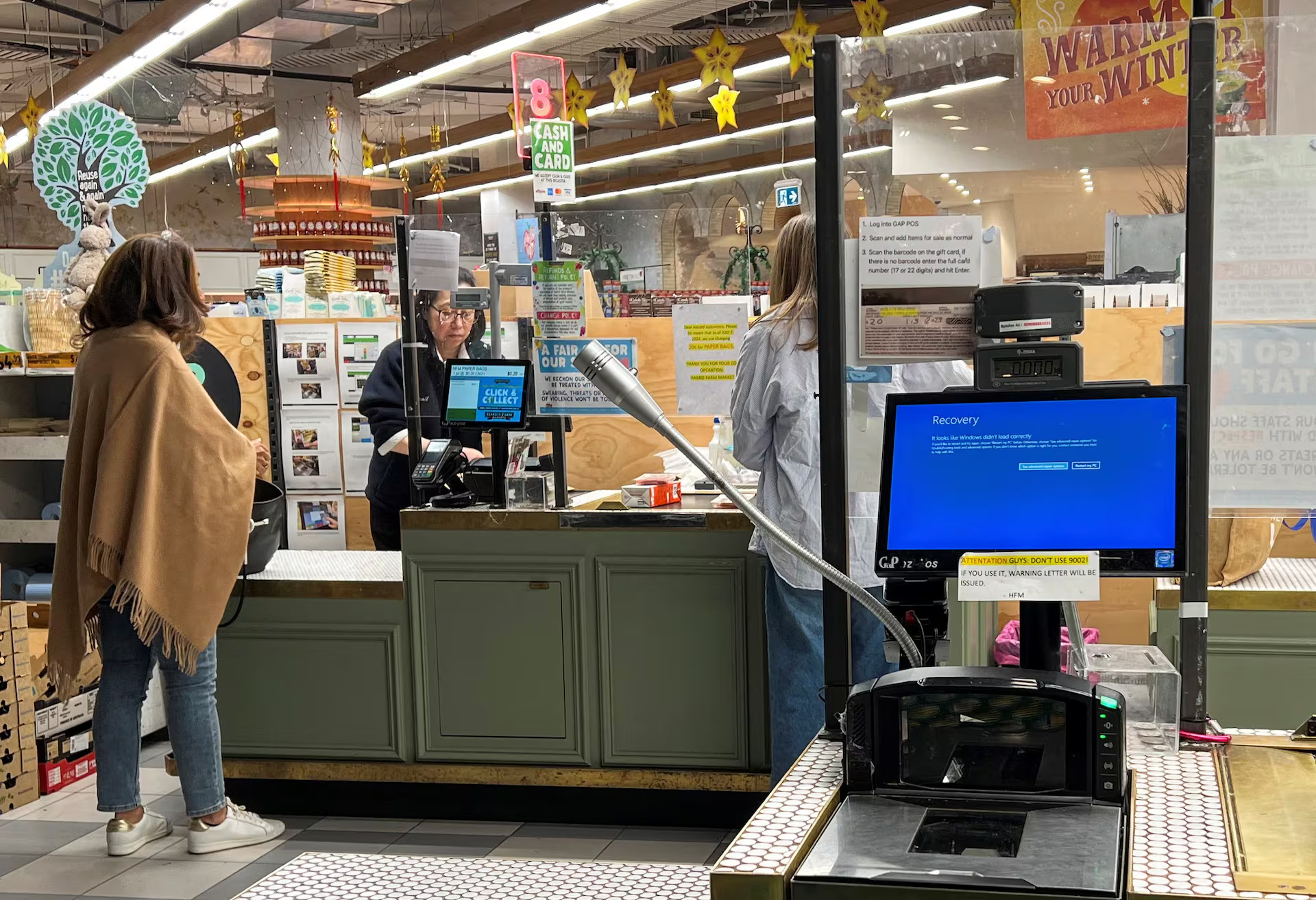After word that the US proposed harsher export restrictions on advanced semiconductor technology to China, Asian chip stocks fell while European ones started tentatively on Thursday
The shares of Taiwan Semiconductor Manufacturing Co (TSMC), the world’s largest contract chipmaker, were among the most severely affected in Asia. Over two days, the company’s market value decreased by approximately T$1.7 trillion ($52.13 billion).
The deluge of negative news was further exacerbated by the statement made by U.S. Republican presidential nominee Donald Trump, who suggested that Taiwan should pay for America’s defense. Consequently, shares of TSMC fell by 2.4%.
TSMC announced in its earnings report on Thursday that it anticipates a 34% increase in third-quarter revenue from the previous year, following the publication of a quarterly net profit that exceeded market expectations.
SK Hynix, a memory chip manufacturer in South Korea, experienced a 3.6% decline, while Tokyo Electron (8035.T), a Japanese technology company, experienced an 8.75% decline. Other technology behemoths in Asia also experienced losses.
The gains for the year were reduced to 16.7% as the Global X Asia Semiconductor exchange-traded fund, which includes SK Hynix, Tokyo Electron, TSMC, and Samsung Electronics among its central holdings, experienced a 1.74% decline.
In Europe, the STOXX 600 index increased by 0.2%; however, the technology sub-index experienced a six-week low and traded at a price that was 0.37% lower.
The foreign direct product rule, a measure that permits the U.S. government to prohibit the sale of a product if it was manufactured using American technology, was under consideration by President Joe Biden’s administration, according to a
Bloomberg News report was published during Asian trading hours on Wednesday.
This could result in limitations on organizations such as Tokyo Electron and ASML of the Netherlands.
On Thursday, ASML’s shares increased by 0.3%, reversing a portion of the decline of over 10% in the previous session. This was achieved even though the company released second-quarter earnings that exceeded expectations and demonstrated increased bookings related to artificial intelligence.
Investors have expressed growing apprehension regarding Washington’s safeguarding of the United States’ semiconductor manufacturing sector, which it regards as strategically critical in its competition with China.
Kang Jin-hook, an analyst at Shinhan Securities in Seoul, stated that those concerns overshadowed the robust recent earnings releases from ASML. He also noted that ASML’s substantial sales to China render it a target of the proposed U.S. curbs.
“It seems macro and geopolitical factors played a bigger role than fundamentals,” according to Kang.
In the second quarter, China accounted for approximately 49% of ASML’s lithography system sales and accounts for approximately 20% of its order backlog.
In its first-quarter earnings report, TSMC disclosed that 69% of its revenue was generated by customers in North America and 9% by those in China. In the same vein, SK Hynix disclosed in its March corporate filing that China accounted for 31% of its revenue in the previous year.
The Biden administration has implemented measures to restrict Chinese access to advanced semiconductor technology. These measures include imposing restrictions in October to limit the export of artificial intelligence (AI) processors manufactured by companies such as Nvidia.
The most recent developments in Sino-U.S. relations have expedited what appeared to be preliminary indications of investors’ transition from Big Tech stocks to smaller value ones, with the belief that reduced U.S. rates will be advantageous to smaller companies.
The Nasdaq has increased by 20% year-to-date, while the S&P 500 has surged by 17% due to the global AI boom, which has driven a blistering rally in tech equities that has surpassed records.
“The import curb comments catalyzed a de-risking event in the semiconductor/AI space, where positioning had become extremely extreme,” stated Jon Withaar, who oversees an Asia special situations hedge fund at Pictet Asset Management.



